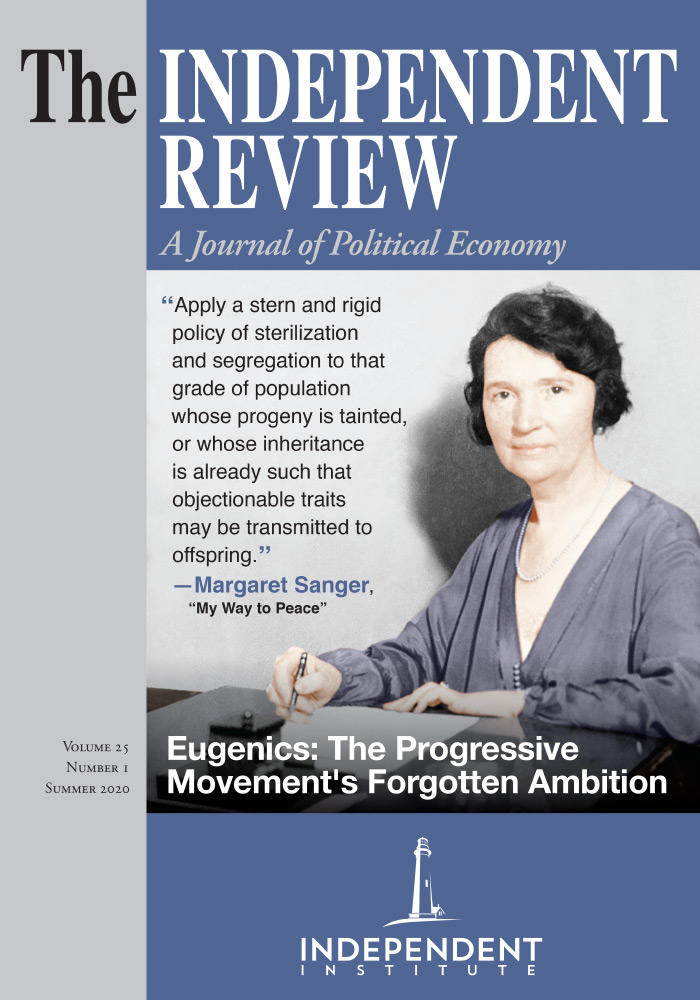The defined-benefit model in public-pension plans has undermined a moral consensus for balanced budgets at the state and local level and contributed to substantial growth in unfunded pension liabilities. The loss of the old-time fiscal religion has increased the incentive for government actors to make unfunded promises of increased public-employee retirement benefits and weakened the incentive for taxpayers to monitor spending commitments.
Daniel J. Smith is the Director of the Political Economy Research Institute and a Professor of Economics and Finance in the Jones College of Business at Middle Tennessee State University.
Rania Al-Bawwab is a research fellow at the Political Economy Research Institute and a Ph.D. student in the Department of
Economics and Finance at Middle Tennessee State University.
EconomyEntitlements and WelfareFederal Budget PolicyFood StampsMedicare, Medicaid, and ObamacareSocial SecurityState and Local Fiscal PolicyTaxes and Budget
| Other Independent Review articles by Daniel J. Smith | ||
| Winter 2021/22 | Engine of Inequality: The Fed and the Future of Wealth in America | |
| Winter 2017/18 | The Man Who Knew: The Life and Times of Alan Greenspan | |
| Spring 2017 | Community Revival in the Wake of Disaster: Lessons in Local Entrepreneurship | |
| [View All (4)] | ||










